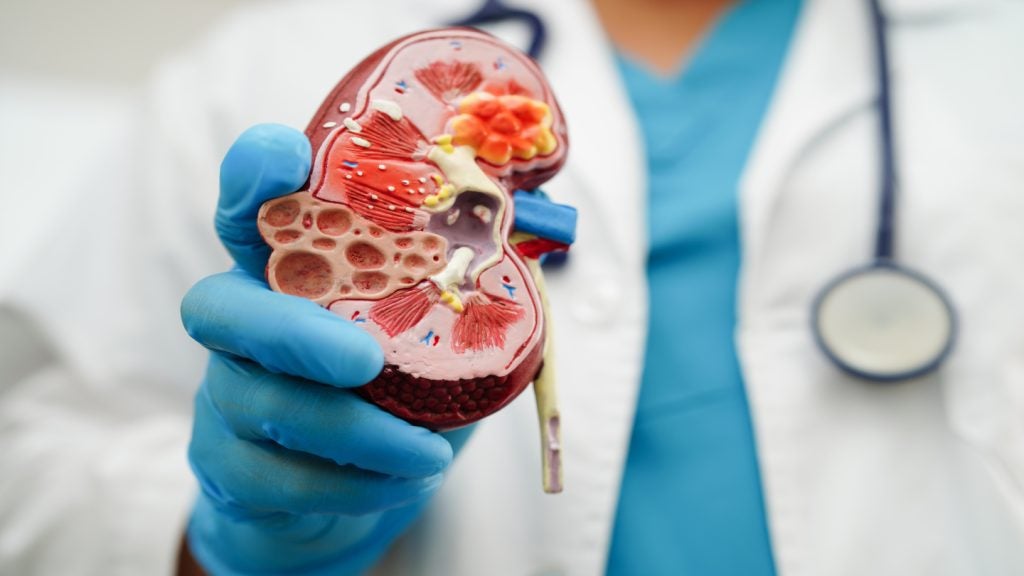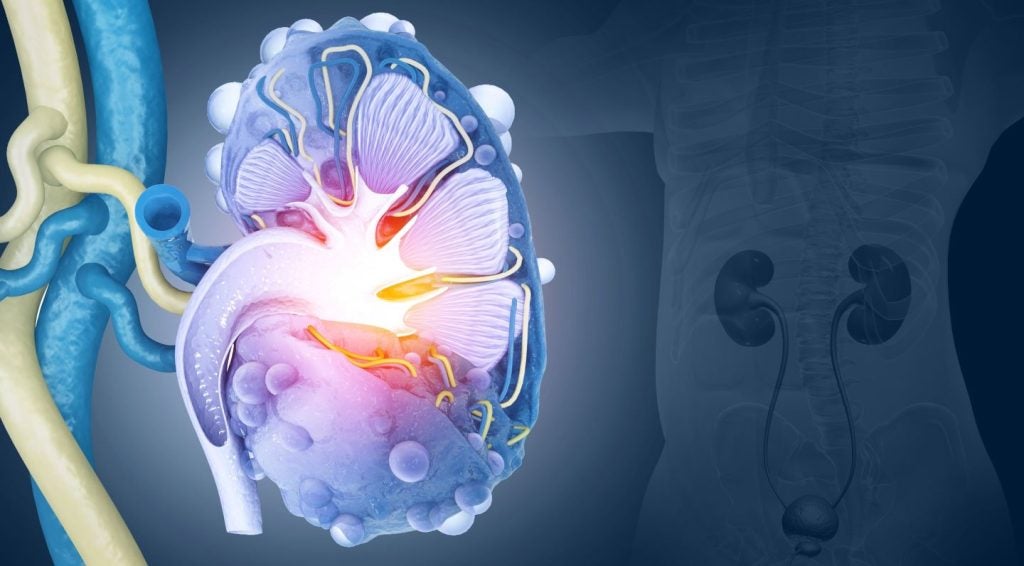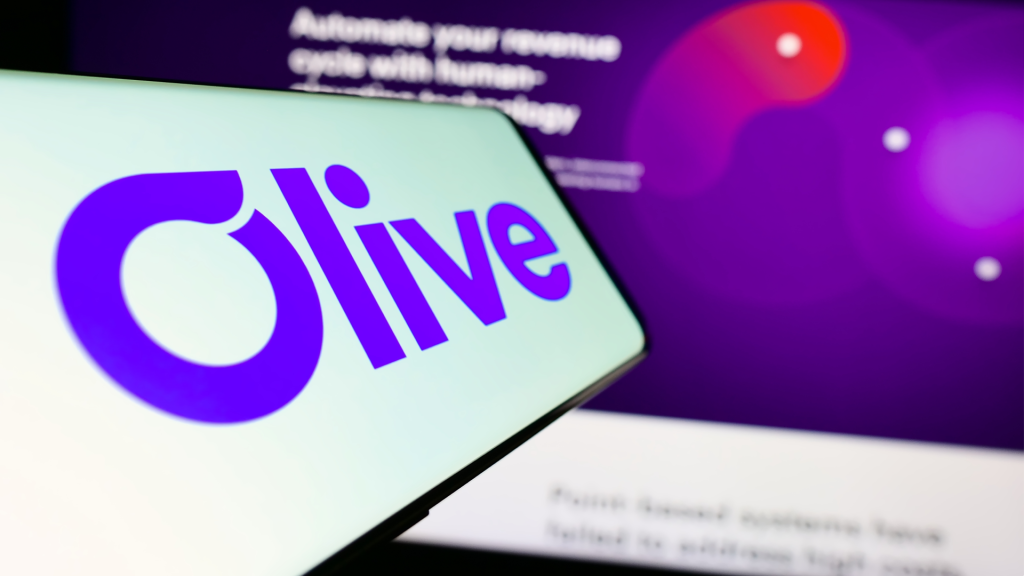AstraZeneca has announced that its hyperkalaemia drug, Lokelma doubled the odds of maintaining lifesaving therapy in patients living with heart failure or kidney disease.
The UK-headquartered corporation said that results from its real-world observational multi-country study showed that Lokelma caused patients undergoing renin-angiotensin-aldosterone system inhibitor (RAASi) therapy to maintain their treatment safely.
Known generically as sodium zirconium cyclosilicate, Lokelma is a potassium binder treatment that AstraZeneca says has a 2.5 times increased chance of keeping patients within safe RAASi guidelines, versus patients who were not given a potassium binder treatment.
RAASi treatment is known to improve outcomes in patients who have heart failure but if not well maintained can lead to patients developing hyperkalaemia, which can cause the treatment to be stopped leading to a higher chance of mortality.
Results from the trial, named Zora and presented at the American Society of Nephrology (ASN) on 2 November, also showed patients who discontinued RAASi treatment following a hyperkalaemia episode were 73% more likely to progress to end-stage kidney disease.
Ruud Dobber, executive vice-president of the biopharmaceuticals business unit at AstraZeneca, said: “These data add to the body of evidence that if hyperkalaemia is not effectively managed, it can lead to worsening cardiovascular and kidney disease outcomes and increased mortality due to down-titration or discontinuation of RAASi.
“Lokelma can be a pivotal therapeutic strategy to address this urgent disease burden. At AstraZeneca, we remain committed to working with the cardiorenal community to enable guideline-recommended RAASi therapy and achieve more effective cardiorenal protection for patients.”
GlobalData’s Pharmaceutical Intelligence Centre forecasts the total worldwide sales of Lokelma at around $799m in 2029. Up from annual sales of $289m in 2022.
There are currently 47 competing drugs in the hyperkalaemia space, with an additional 80 marketed for the indication of chronic kidney disease. Additionally, GlobalData estimates that the US market for hyperkalemia will grow from $108.4m in 2023 to $350m by 2030.
GlobalData is the parent company of Clinical Trials Arena.
















